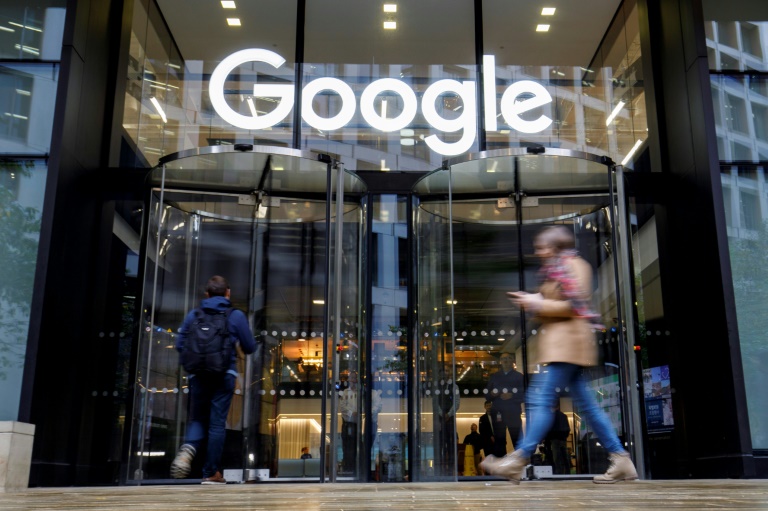Realisation of brand identity: Internet domain names

The UK’s antitrust watchdog investigate Google plans prohibiting placement of third party “cookies” on its Chrome browser, a move that has angered some publishers and advertisers – Copyright AFP JIM WATSON
What’s in a name? Considerable sums is one answer, at least in the world of Internet addresses. The global domain market is expected to grow from $2.35 to $3.47 billion by 2032, driven by rising demand for strategic branding and the adoption of new technologies. A domain name is a string that identifies a realm of administrative autonomy, authority or control.
Some countries are leading the way. Anguilla and Tuvalu monetizing their country-code top-level domains (ccTLDs) such as .ai and .tv. As an example, the .ai domain brought $32 million (20 percent of government revenue) to Anguilla’s tiny Caribbean island of 15,000 residents.
Top five global domain designates:
• .com (46.6 percent, companies)
• .org (4.6 percent, organizations)
• .ru (3.5 percent, country TLD for Russia)
• .de (2.8 percent, country TLD for Germany)
• .net (2.8 percent, networks)
These recent trends are apparent from a new report by Hostinger. This reveals how domain names have transformed into strategic assets driving growth in the digital economy. The report indicates how competition for premium digital real estate has intensified, with businesses and nations capitalizing on strategic domain ownership to discover unique competitive advantages.
Over the past two decades, the domain name market has evolved from a functional tool for establishing an online presence to a high-stakes industry valued in the billions. Early domain sales, such as Business.com for $7.5 million in the late 1990s, have seen dramatic appreciation, with its current estimated value reaching $350 million. Recent high-profile transactions, like Chat.com’s $15.5 million sale in 2024, reflect the market sentiment of the increasing worth of premium domains in today’s digital landscape.
Not all policy makers are happy with the various changes underway. The transfer of the .io domain from the UK to Mauritius has raised concerns about the stability and future of this widely used extension. The ISO’s potential removal of the “IO” country code could lead to the phase-out of .io domains, highlighting significant implications for the tech sector. Companies may need to seek alternative domains, potentially disrupting established platforms like GitHub.io and triggering strategic redirection.
Getting a secure and memorable domain name is not the only factor, for companies face on average thirty-five impersonation attempts per brand, making premium domains both a defensive necessity and a strategic investment, particularly in regions experiencing rapid digital growth.
As Internet penetration increases, so does the demand for domain names and hosting services. Future drivers include the emergence of Web3, blockchain domains, and decentralized web models.
Realisation of brand identity: Internet domain names
#Realisation #brand #identity #Internet #domain #names





